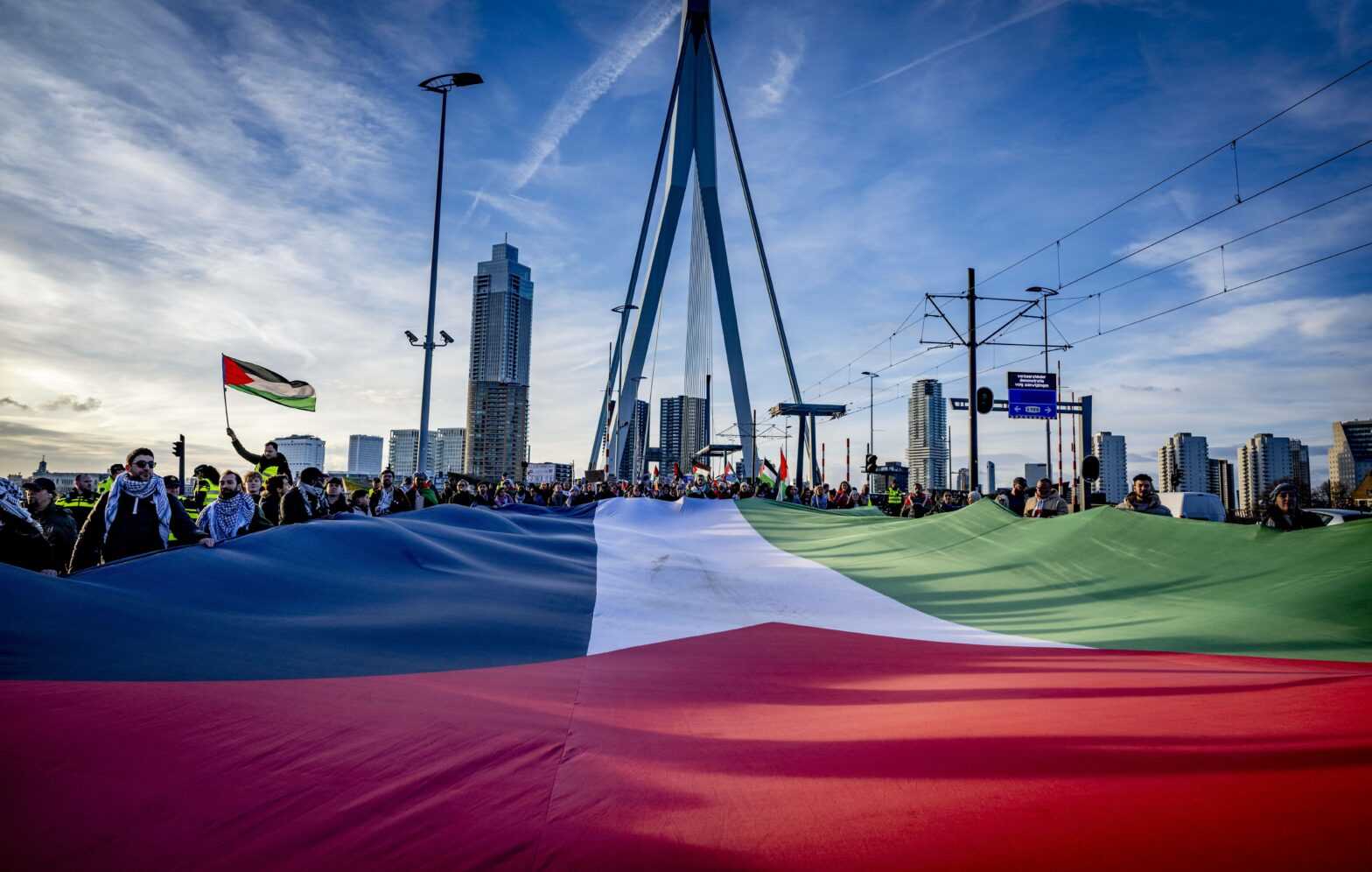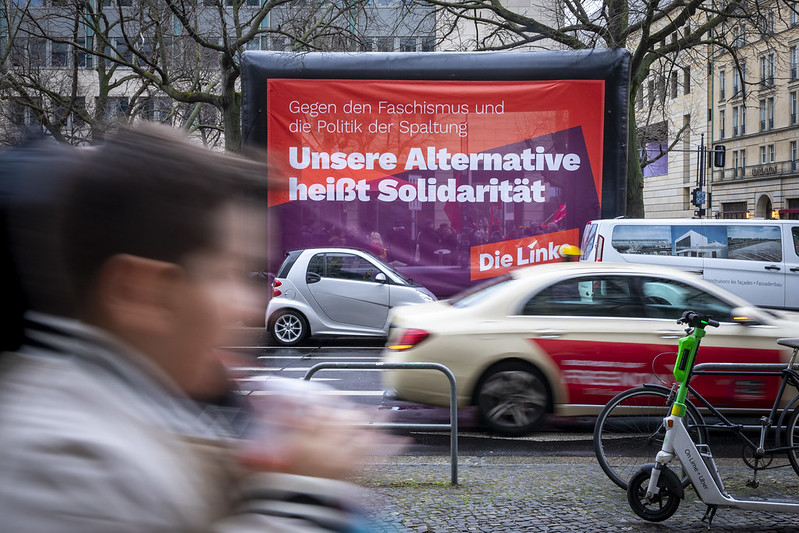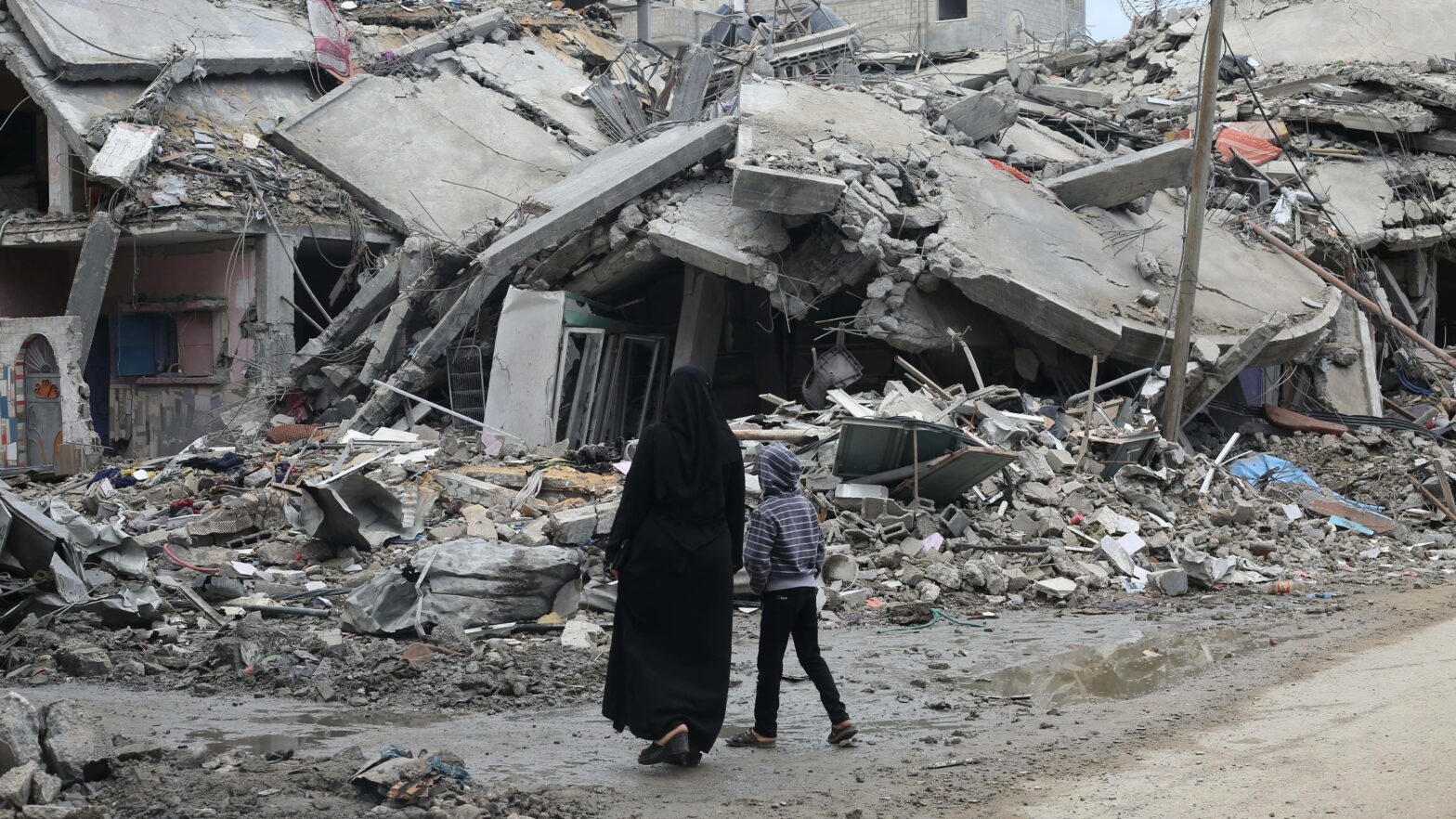Share Twitter Facebook Email Copy URL
The emergence of health as a universal social right and the establishment of public health services have been important developments in the past century. After world war II, the UK opened the way to the creation of the welfare state with a key role played by the National Health Service. In Italy, the 1948 Constitution introduced an advanced notion of health as an individual and social right; this goal was turned into policy with the 1978 health reform that was rooted in widespread mobilisations and conflicts over health issues. Similar developments have been experienced by post-dictatorship Brazil and other Latin American countries, where struggles for democracy were linked to demands for social and health rights. In Brazil, these mobilisations led to an advanced view of health in the Federal Constitution of 1988, leading to the creation of a public health system emphasising universal coverage, prevention, an epidemiological approach, attention to the social and environmental determinants of health, popular participation.
The most interesting contemporary case of a health policy agenda emerging from a post conflict situation is that of Rojava, the Autonomous Administration of North and East Syria (AANES), the autonomous region under the control of Kurdish forces and their allies, that has emerged after the tragic civil war in Syria. The vision for care and health promoted in Rojava is that of self-determination and mutual solidarity, elements that are relevant for the overall political organization of society. In the efforts for a democratic reconstruction, actions for providing social care and individual health become crucial elements of the quality of social life, requiring novel policies and social practices that are developed in local communities on the basis of self-government.
Such experiences have relied on widely shared international principles, starting with the definition of health provided at the creation of the WHO in 1946 as «a state of complete physical, mental and social well-being» of every individual and of society as a whole. This view provides the basis for a view of health as a universal right. Issues related to health and the quality of living conditions are relevant for the daily life of all, challenge existing social relations of production and reproduction and have become core political issues for the advancement of democracy, social struggles and progressive politics.
The most innovative experiences of health reform – including the ones mentioned above – have led to a reconfiguration of power relations between citizens and institutions; to a shift from the individual relationship between patient and healthcare provider, to a view of collective health that has to be rooted in communities and workplaces. In this trajectory, new actors can be mobilised, questioning the conditions of production at work, and the forms of social reproduction in cities and families, as a part of a broader process of democratization of society.
The relevance of health issues in post-conflict societies – and their importance in projects of political change – is emphasised by several factors, that are considered below.
Health after conflicts
Armed conflicts are a direct threat to human life and a new appreciation of the value of human health usually emerges after the end of wars. Political projects, social activism and specific policies can address these issues aiming to achieve concrete change.
The individual and social dimension of health
The combination of individual and social dimensions of health opens up the space for recognising the relational nature of human beings and the need for collective action and public policies in this field.
Health and welfare
Health reforms have always been part of a broader set of political changes including social protection, education, housing etc. with a major role of public service provision outside the market. This has changed, to some extent, the nature of postwar capitalism in Europe and remains a key terrain of conflict among alternative models of society.
Health, work and the environment
Working conditions are a major factor shaping individual health; environmental quality is a key driver of social health. Health policies cannot be developed in isolation from these two major contexts and both the labour and the environmental movements have paid, in some cases, close attention to health issues, developing mobilisations, alternative practices and policy alternatives for preventive and territorial health.
Health, equality, democracy
Universal public health systems are a crucial factor for reducing inequalities and introducing participatory democratic practices. The links between these dimensions are important aspects of a political agenda in this field.
Health and hegemonic political projects
In the cases that will be discussed, success in health reforms was made possible by a combination of widespread social awareness, active mobilisation of unions, social movements and experts, far-sighted political projects of Left parties building broad political alliances, strong capabilities for implementing public policies by public institutions.
What lessons can be learned for political action in post-conflict societies in this regard? From the experiences of post world war II in the UK and Italy, to the post-dictatorship case of Brazil in the 80’s, to the contemporary case of Rojava we find a striking continuity of the importance of health systems as a key element in the political change experienced in all this countries, as a key component of the affirmation of social rights, of the ability to address major health and social needs, of the democratization processes and empowerment of the subaltern classes and women.
1. A ‘social pact’ on health appears to be an important component in periods of expansion of democracy and exit from armed conflicts, when societies have to reassess their values and collective priorities. The nature of health as a social right and as a condition for individual and social wellbeing creates the space for a political vision and action that links the transformation of society to healthy living conditions.
2. Policies aiming to ensure the protection and promotion of health can assume a high priority and visibility in the actions of progressive political forces and governments, showing that real change is possible, that living conditions can be improved and that wider social consensus and political alliances can be developed on this basis.
3. In post-conflict societies there are immediate, specific health needs, that have to be addressed by governments, political forces and civil society. Action in these fields creates opportunities for a ‘politicisation’ of health demands that can be framed in terms of broader agendas for health reform, also associated with the expansion of welfare systems.
4. In all countries health policies have to be renewed. Neoliberal policies have introduced cuts and privatisation, leading to greater health and social inequalities. The recognition and satisfaction of old and new health needs and the reconstruction of appropriate public health systems requires a rethinking of public policies, welfare systems, participatory practices, solidarity initiatives, with a global approach to health. A collective effort of imagination is needed to develop political projects that may envision health at the centre of a better society, founded on peace, social justice, equality and freedom.
Chiara Giorgi, Sapienza University of Rome



